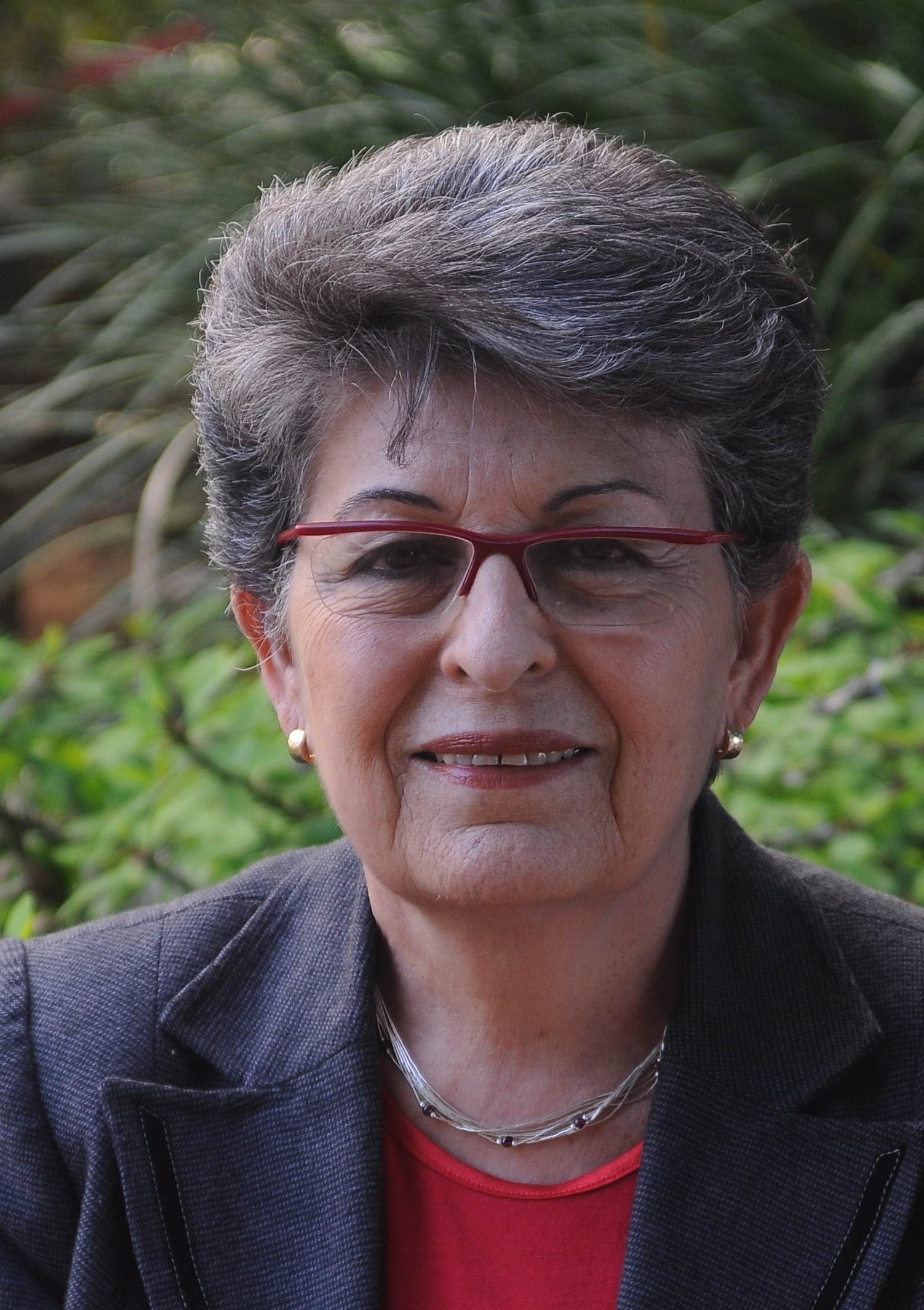Varda Rotter

Affiliations
Department of Molecular Cell Biolgy, The Weizmann Institute of Science Rehovot, Israel
Biography
Rotter’s career is closely connected with the p53 field and she is an active pioneering member in this community. She was the first to show that high p53 levels are frequently detected in human and mouse tumors, and suggested that p53 could be regarded as a tumor specific marker. The most seminal aspect of her contribution to the p53 field is the establishment of the paradigm that mutant p53 has a gain of function in carcinogenesis.
She leads a successful quest towards the identification of genes whose modulation underlies mutant p53 gain-of-function. In recent years, her laboratory re-examined the role of p53 in cell differentiation and development with a special focus on stem cells. She found that p53 plays a central role in the life of embryonic and adult stem cells. p53 is regulating cell reprogramming and in adult stem cells plays a pivotal role in maintaining the genomic fidelity of stem cells. Mutant p53 exerts an oncogenic gain of function activity in cancer stem cell.
Abstract
Can p53 secure the genomic fidelity of stem cells?
Varda Rotter Ph.D.
Mutant p53 that is expressed in more than 50% of various human tumors was shown to be associated with the initiation and progression of tumor development. Our research is focused around the understanding of the molecular mechanism that underlies the oncogenic gain of function activity of mutant p53. By using several stem cell models we could recently show that while the wild type p53 plays an important role in controlling the life of normal stem cells and securing their genomic fidelity, mutant p53 contributes to the establishment of cancer stem cells.
Indeed, both reprogrammed induced pluripotent stem cells as well as adult stem cells harboring a wild type p53, were found to exhibit an expression profile of normal stem cells that can undergo cell differentiation under in vitro and in vivo conditions, whereas the corresponding cancer stem cells that express mutant p53 induce aggressive tumors in vivo. Accordingly, our working hypothesis would be that p53-based cancer therapy and prevention depends on the development of methods by which mutant p53 protein conformation could be reverted into a wild type p53 protein conformation. The latter is known to induce programmed cell death.

